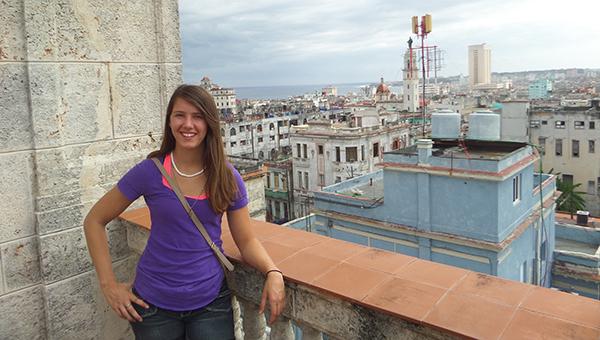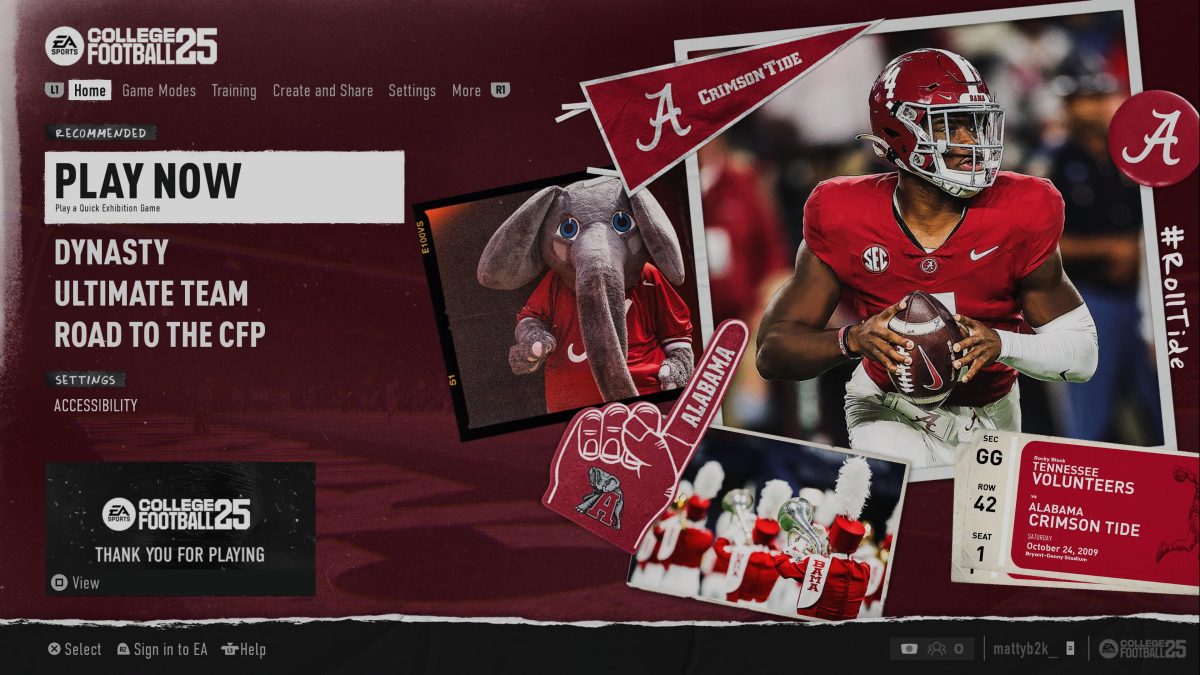“The new dialogue puts Cuba in the spotlight in a more profound way than it has been in decades,” said Chip Cooper, the Honors College artist in residence.
Cooper, an award-winning photographer whose work in Cuba is chronicled in “Old Havana,” has been traveling with the University to Cuba since the very beginning of the semester program there.
“These changes offer a lot of opportunities for students to travel,” Cooper said. “Cuba is an incredible journey that not only serves as an academic experience, but also a spiritual one.”
The University of Alabama’s relationship with Cuba began in the early 2000s, when Robert Olin, the dean of the College of Arts and Sciences, was looking for a new place for UA students and faculty to study. Olin selected Spanish professor Michael Schnepf to lead the program.
“I love Cuba,” Schnepf said. “It’s unlike any other place on earth and I know it’s changed my life. It’s a great opportunity for researchers and historians. We have sent hundreds of students and faculty there over the years, and I know that even more will benefit from an increased opportunity to travel there.”
President Obama’s easing of tensions includes less paperwork and broader categories of travel, along with the ability to legally return with small quantities of Cuban goods and souvenirs.
While the details are still being sorted out and things will not be clear until the dust settles, Cooper said his most recent trip to Cuba required 50 percent less paperwork than anytime previously, and Schnepf said for academic research, travel is greatly increased.
Kourtney Davis, a junior double majoring in Spanish and mechanical engineering, went to Cuba during the spring of her sophomore year and said she is excited about the possibility that more Americans could visit the country.
“Cuba is a very poor country, with many living on $30 per month with just a supplementary book of ration coupons,” Davis said. “Americans would benefit from the learning opportunities, but they would also help the Cuban economy boom.”
However, Davis, Cooper and Schnepf said they agree that the easing of travel restrictions is a tricky situation.
“Cuba’s infrastructure isn’t ready for an influx of American tourists,” Cooper said.
Schnepf said that while America is the last nation to really fix relations with Cuba, moving too fast could be bad.
“I’m excited about this opportunity, but at the same time I never want to get to the point where I start seeing Burger Kings and McDonalds in the Cuban countryside,” Schnepf said. “Part of what makes the place beautiful is not having that. It’s important that Cubans fight to maintain their rich heritage. It’s the heritage and the people that makes Cuba so special for UA.”







